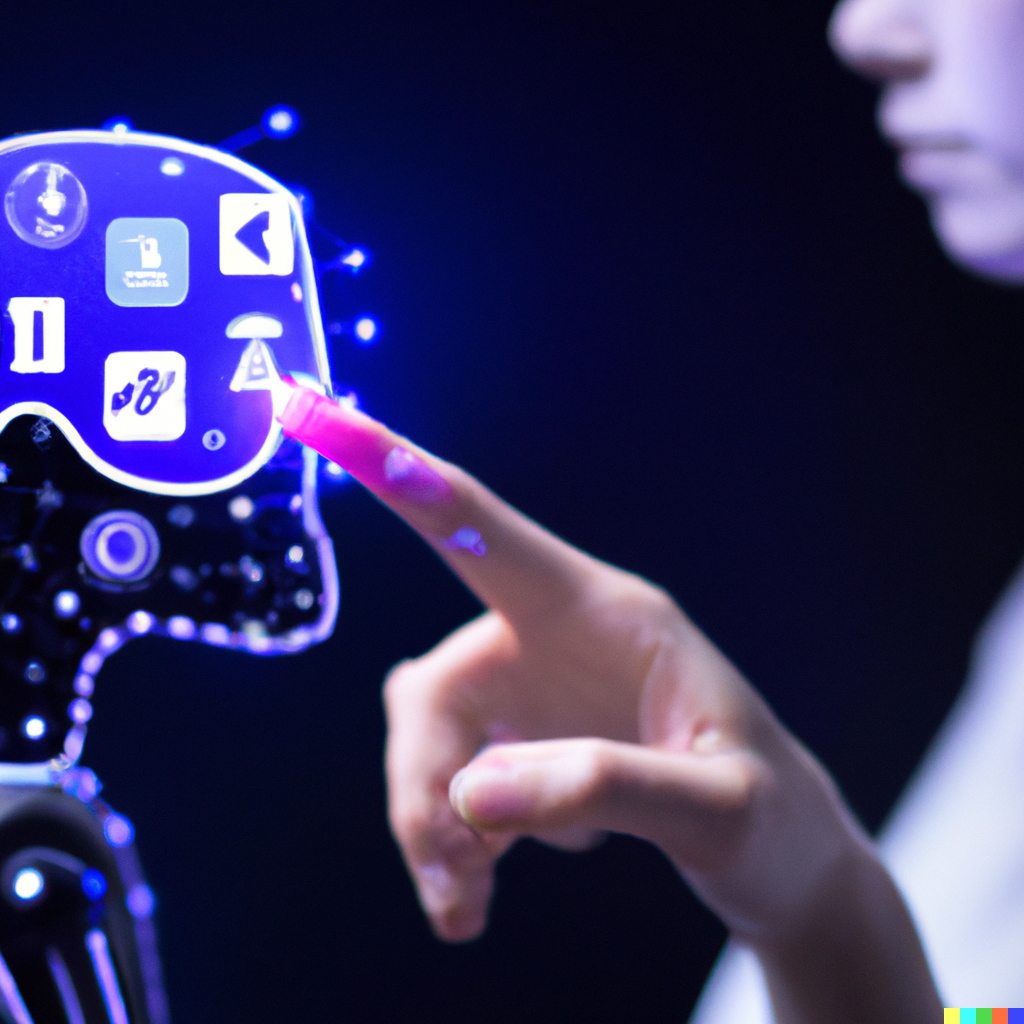Home ➤ Blog ➤ Generative AI ➤ Ethics of AI Decision Making

Ethics of AI Decision Making
Alec Foster • 2023-01-05
Generative AI, AI Models
The integration of artificial intelligence (AI) into systems that make decisions with significant ramifications for individuals, such as parole or credit evaluations, raises a plethora of ethical dilemmas. One of the central issues is the potential for AI to solidify and exacerbate biases already present in the data on which it is trained.
For instance, if a machine learning algorithm is employed to make parole decisions and is trained on data that is discriminatory towards certain demographics, it may reach conclusions that disproportionately harm those groups. This could perpetuate systemic discrimination and inequality. Analogously, if an AI system is utilized to make credit decisions and is trained on data that is discriminatory towards certain demographics, it may unjustly deny those groups access to credit and financial opportunities.
Another ethical concern is the lack of transparency in the decision-making process of AI. It can be challenging for individuals to contest or appeal a decision made by a machine, as the intricacies of the algorithm are often not fully comprehended. This lack of accountability can compromise the fairness of the decision-making process and harm individuals who may have been wrongly denied parole or credit.
Moreover, the utilization of AI to make decisions that significantly impact people's lives could lead to the privatization of decision-making, as algorithms may be owned and controlled by private companies. This could engender conflicts of interest and further erode the transparency and accountability of the process.
It is imperative for those implementing AI in systems that make decisions with significant ramifications for individuals to prudently consider these ethical issues and take steps to mitigate their impact. This could include regularly reviewing and auditing the data used to train algorithms to ensure it is not biased, increasing transparency in the decision-making process, and promoting public oversight of the use of AI.
The utilization of AI to make decisions that significantly impact people's lives has the potential to bring about substantial improvements, but it is crucial to carefully consider the ethical implications of such technology. It is vital that we work to ensure that it is employed in a way that is fair, transparent, and accountable, so that it does not solidify or exacerbate existing biases in the system.


